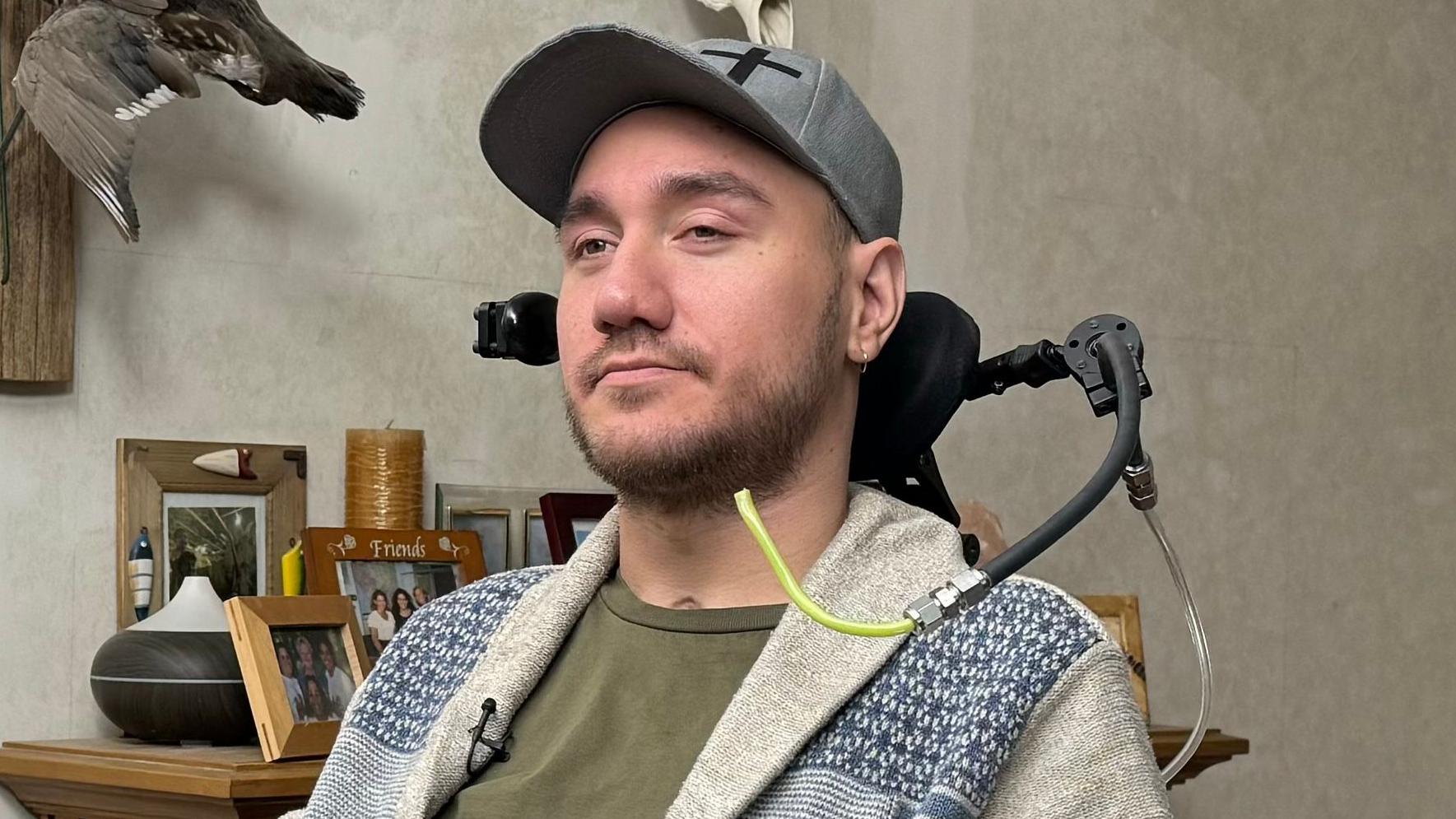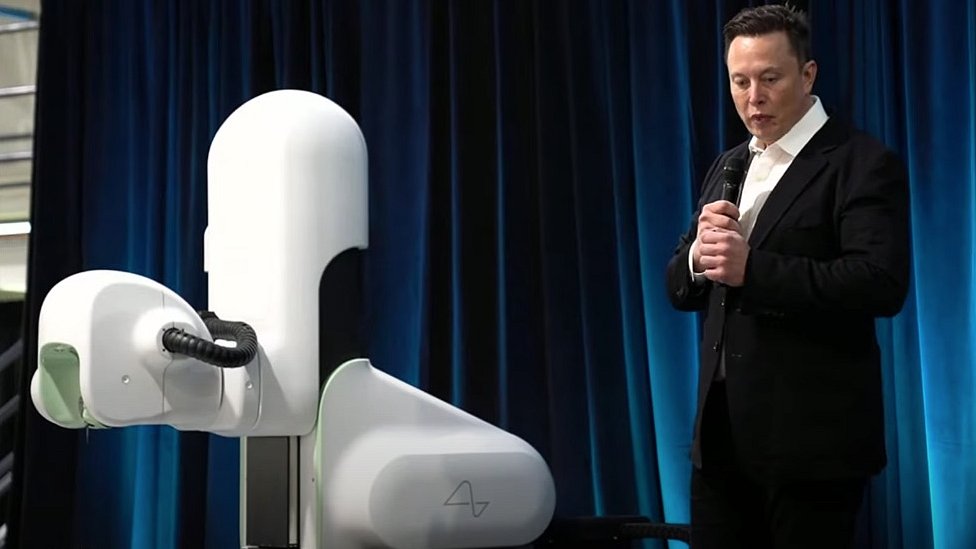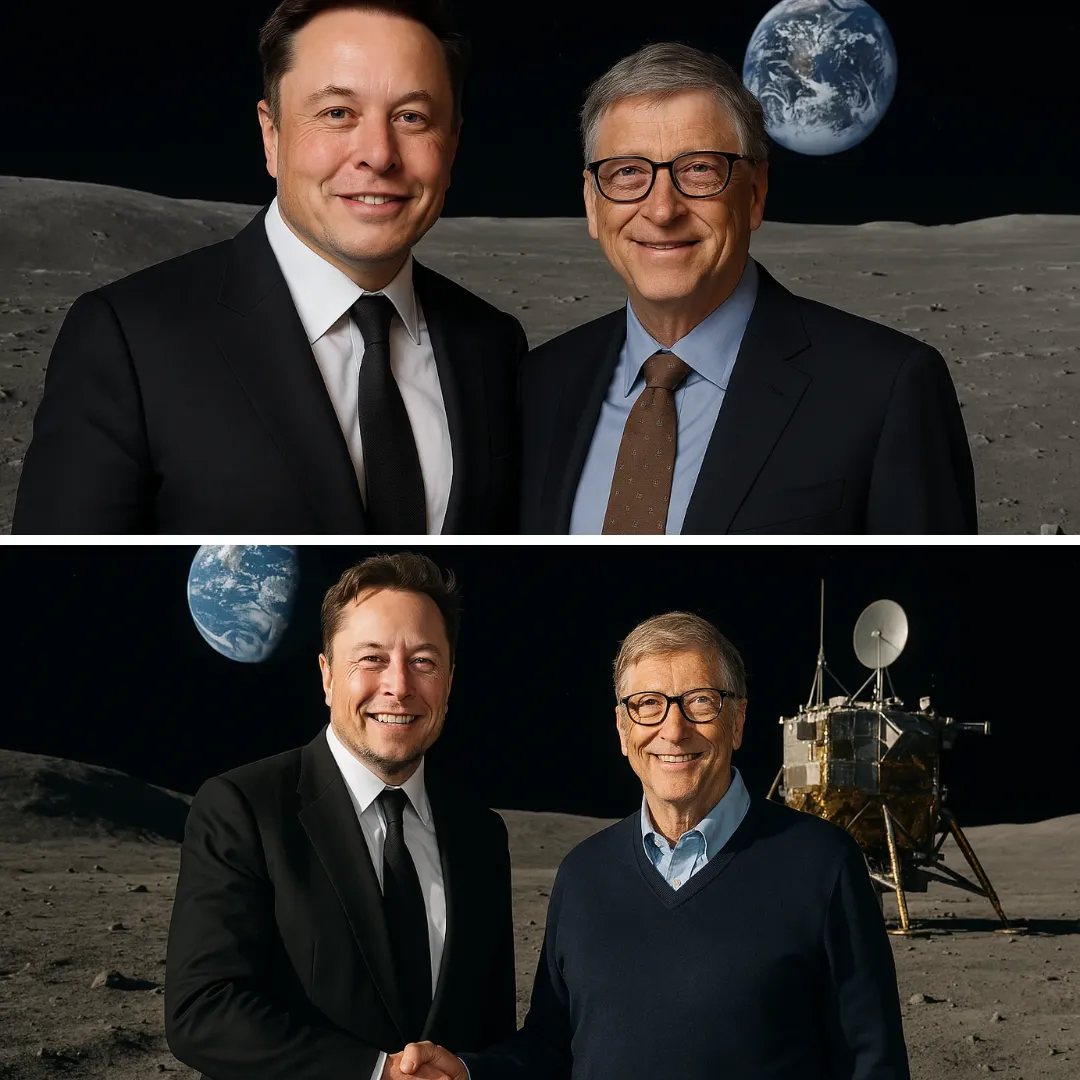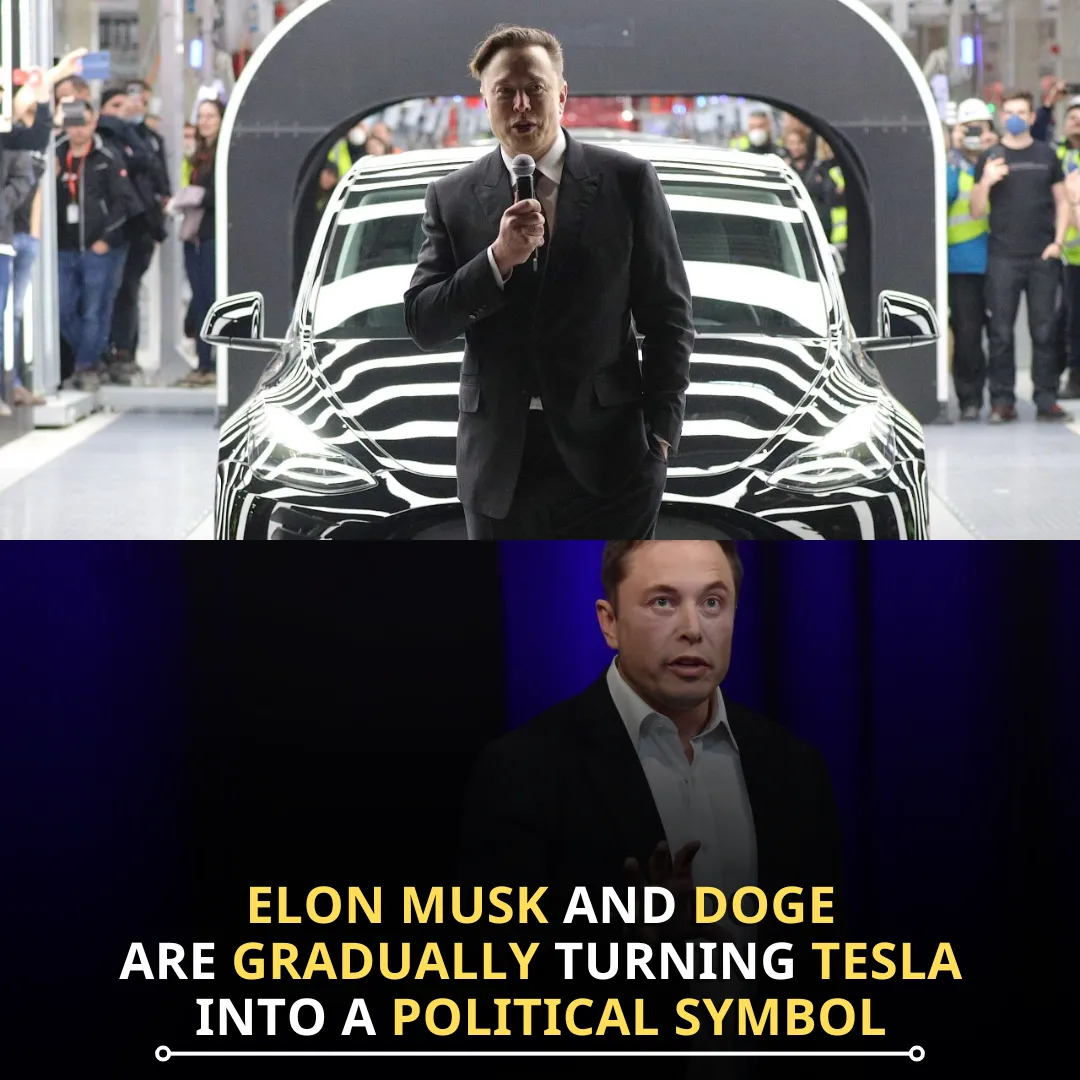Hold on to your hats, folks—because this is one of those stories that sounds like it’s straight out of a sci-fi flick, but trust us, it’s as real as it gets. Meet Noland Arbaugh, the 30-year-old who is not only making headlines for being the first person to have a mind-reading chip implanted in his brain but is also getting some serious attention because of the man behind the groundbreaking technology: none other than Elon Musk.
The chip that allows Noland to control a computer with nothing but his thoughts may sound like something you’d expect to see in The Matrix, but it’s a reality thanks to Musk’s neurotechnology company, Neuralink.
In January 2024, after an eight-year struggle with paralysis following a diving accident in 2016, Noland became the first person to receive this device—giving him the ability to control a computer cursor, play video games, and even strategize moves in chess—all with the power of his mind.
But for Noland, it’s not about the celebrity behind the technology—it’s all about the science. He’s making waves for his willingness to participate in such a groundbreaking experiment, despite the potential risks.
“I knew the risks, but good or bad, whatever may come, I would be helping,” Noland explained. “If everything works out, I could help further the cause. If something terrible happens, well, they’ll learn from it.”
The world is watching, but Noland insists this story is bigger than any individual, including Musk.
Let’s rewind to 2016, when Noland’s life took a sudden and unexpected turn. After a diving accident left him paralyzed from the shoulders down, his life was unrecognizable.
No longer able to move freely or even play his favorite video games, Noland was forced to come to terms with the brutal reality of his condition. His daily existence became about learning to rely on others for even the most basic tasks.
“You just have no control, no privacy, and it’s hard. You have to rely on other people for everything,” Noland shared.
But just eight years later, he’s doing something many thought would be impossible. Thanks to Neuralink, Noland now has a chip in his brain that translates his thoughts into computer commands.
This "brain-computer interface" (BCI) detects the tiny electrical impulses generated when the brain thinks about moving and converts them into digital signals that control technology—anything from moving a cursor to playing games.
This is the kind of technology that has taken scientists decades to work on, and Neuralink has been instrumental in bringing it closer to reality. But when you throw Elon Musk into the mix, you know this story is going to attract some serious attention.
While Musk’s name alone has brought tons of attention to the device, it’s the science behind it that truly matters—at least, that’s the stance Noland is taking. "It’s not an Elon Musk device. It’s about the tech, the science, and the opportunity to help people like me," he said. “This is a milestone for science, not just a product from one person.”
When Noland woke up from his surgery to install the Neuralink chip, he was in for a shock. For the first time in years, he could control a computer simply by thinking about moving his fingers. "Honestly, I didn’t know what to expect. It sounds so sci-fi," he recalled.
But when he saw his brain’s neurons spiking on a screen and realized he could control a computer cursor with just his thoughts, Noland was blown away.
And it didn’t stop there. Over time, his skills improved, and he was able to play video games again—something that seemed impossible just a short time ago. "I grew up playing games," Noland said, "and now I’m beating my friends again. It shouldn’t be possible, but it is."
It’s not just about the novelty of gaming, though. Noland sees this as a major step in regaining his independence and reclaiming a part of his life that was stolen by paralysis.
As the technology continues to evolve, Noland dreams of being able to control more than just his computer—perhaps even controlling his wheelchair or operating a humanoid robot.
While Noland is undeniably a poster child for how this technology can change lives, experts warn that there are major concerns. One of the biggest issues is privacy.
Noland’s chip is essentially reading his brain activity, and as experts like Anil Seth, Professor of Neuroscience at the University of Sussex, point out, that raises questions about the future of privacy.
"If we are exporting our brain activity, we’re allowing access to not just what we do, but potentially what we think, what we believe, and what we feel," Seth told the BBC. “Once you have access to what’s inside a person’s head, there’s no real barrier left to personal privacy.”
Noland, however, isn’t worried about that. "I want to see this technology go further," he said. While he acknowledges the potential risks, his focus is on the possibilities: "This is only the beginning. If it can help me, it can help others with similar disabilities."
But not everything has been smooth sailing. There have been hiccups along the way, including one particularly scary moment when the device briefly lost its connection to Noland’s brain, making it impossible for him to control his computer.
"That was really upsetting, to say the least," he said. "I didn’t know if I would be able to use Neuralink again." Thankfully, the connection was repaired and improved through software updates, but it’s a stark reminder that, as amazing as the technology is, there are still bugs to be worked out.
While Neuralink has been making waves, it’s far from the only company working on brain-computer interface technology. Firms like Synchron are exploring alternative methods, including a less invasive device called Stentrode, which is implanted into a person’s jugular vein and works by reading brain activity through a blood vessel.
These kinds of devices also promise to help individuals with motor disorders, but with a less risky procedure compared to Neuralink’s brain surgery.
Noland, however, is fully committed to his Neuralink chip, which is part of a six-year study. After that period, the future remains uncertain. "We know so little about the brain, and this is allowing us to learn so much more," he said.
"Whatever happens to me, I hope it helps us understand more about the human brain and what we’re capable of."
As for the future of Neuralink and other brain-computer interface companies, only time will tell. There’s no question that Noland’s story is a groundbreaking one, and it’s clear that the technology has the potential to change the lives of millions of people with disabilities.

But with great potential comes great responsibility, and the ethical, privacy, and technical challenges that come with this technology are still looming large.
For now, Noland remains a powerful example of what’s possible when technology and determination collide. Whether or not the world is ready for chips in our brains, one thing’s for sure—Elon Musk and Neuralink are not slowing down anytime soon.




-1747365706-q80.webp)

-1746249945-q80.webp)
